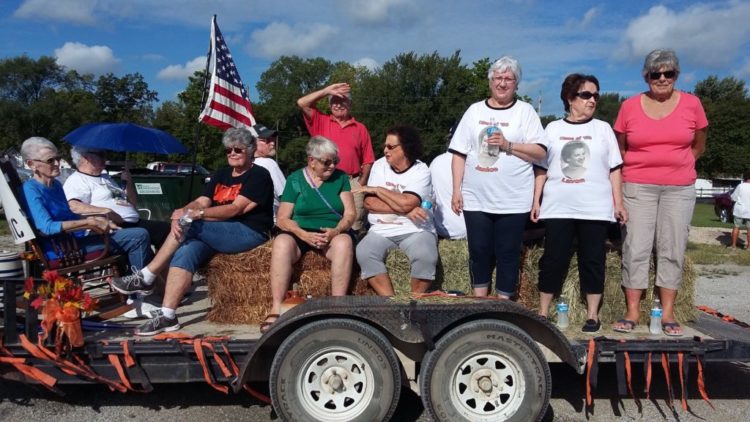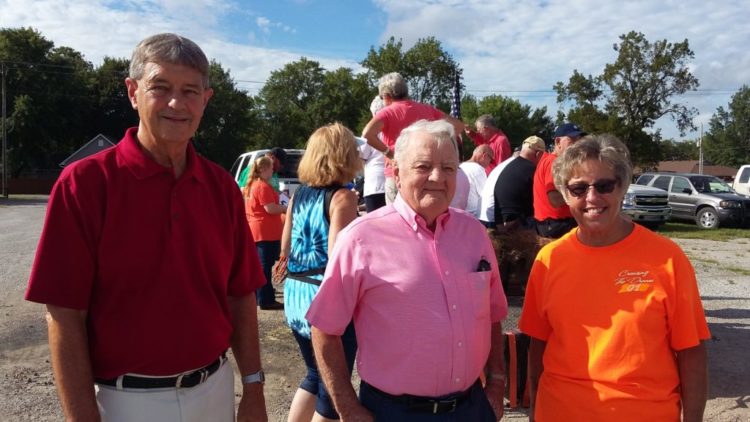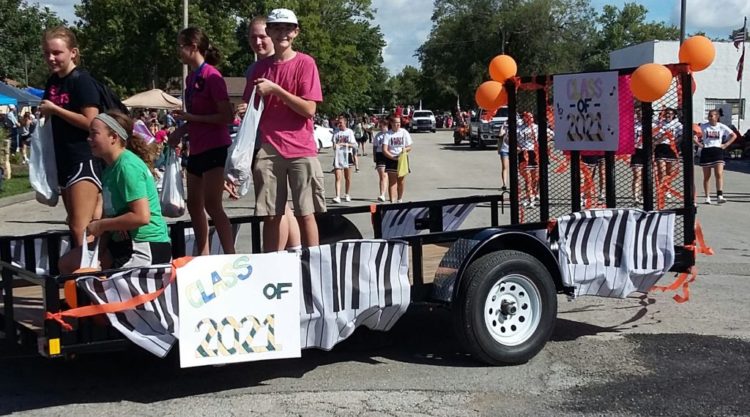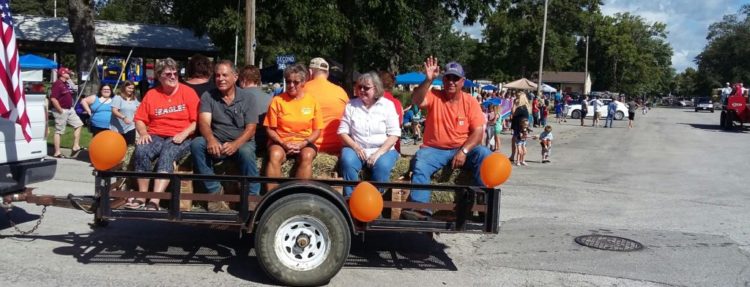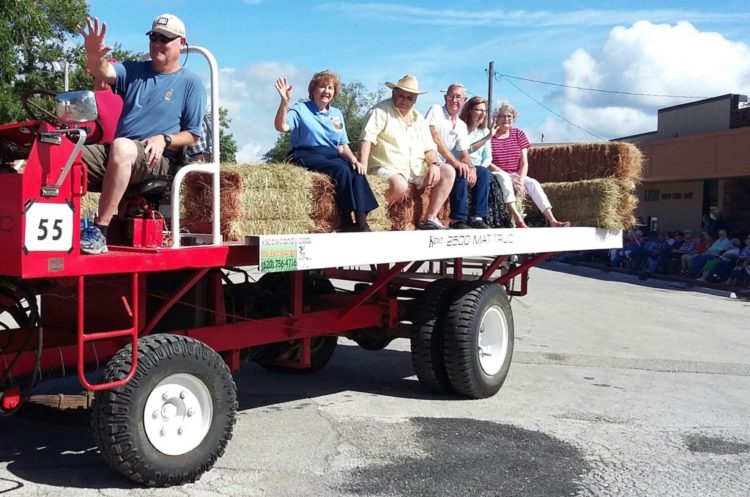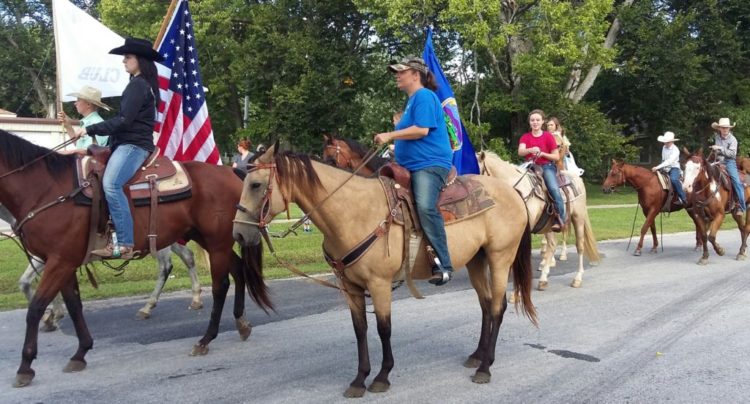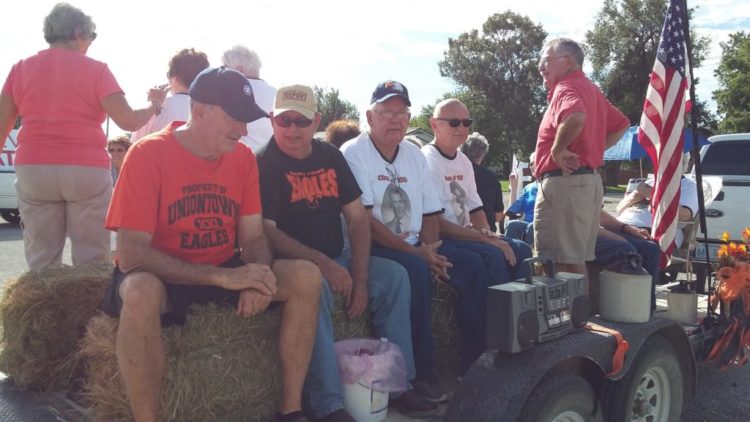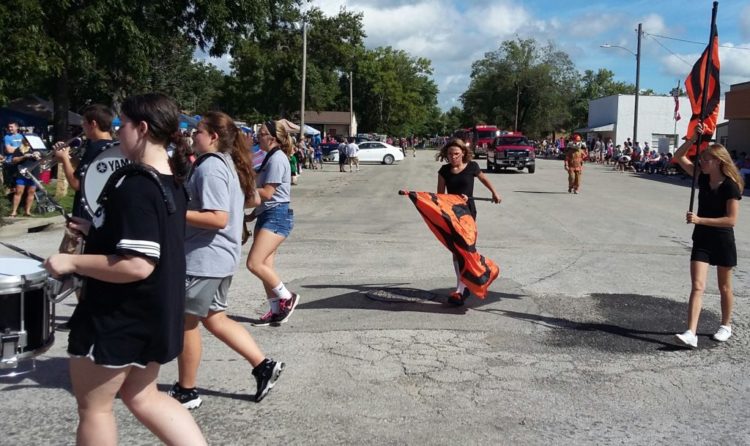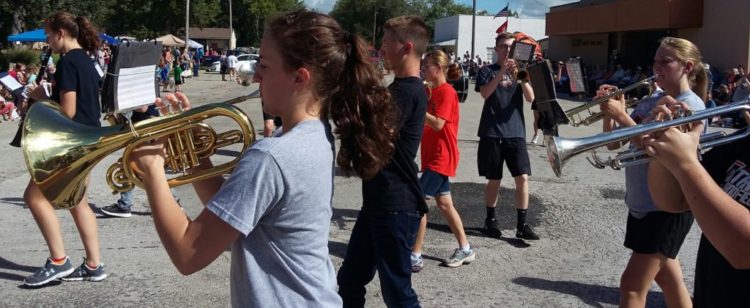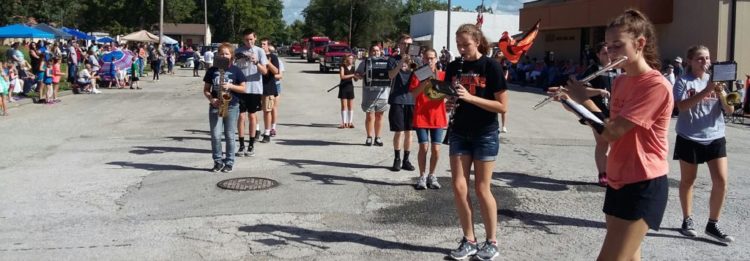Agenda
Bourbon County Commission Room
2nd Floor, County Courthouse
210 S. National Avenue
Fort Scott, KS 66701
Tuesdays starting at 9:00
Date: September 11th, 2018
1st District-Lynne Oharah Minutes: Approved: _______________
2nd District-Jeff Fischer Corrected: _______________
3rd District-Nick Ruhl Adjourned at: _______________
County Clerk-Kendell Mason
9:00-9:45-Jim Harris
9:00-Jeremiah Hill-Roads-245th
10:00-10:15-2019 Budget Hearing
11:00-12:00-Justin Meeks
Executive Session-Privileged in the attorney-client relationship-10 min.
NRP-15 min.
12:00-1:30-Commissioners gone to lunch
1:30-2:00-Justin Meeks
2:00-2:30-Flu Shots
2:30-3:00-Bill Martin
3:00-3:15-Prayer Rally
3:15-David Neville-Flooring
Justifications for Executive Session:
Personnel matters of individual non-elected personnel
Consultation with an attorney for the body or agency which would be deemed privileged in the attorney-client relationship
Matters relating to employer-employee negotiations whether or not in consultation with the representative(s) of the body or agency
Confidential data relating to financial affairs or trade secrets of corporations, partnerships, trusts and individual proprietorships
Preliminary discussions relating to the acquisition of real property
Matters relating to the security of a public body or agency, public building or facility or the information system of a public body or agency, if the discussion of such matters at an open meeting would jeopardize the security of such public body, agency, building, facility or information system




